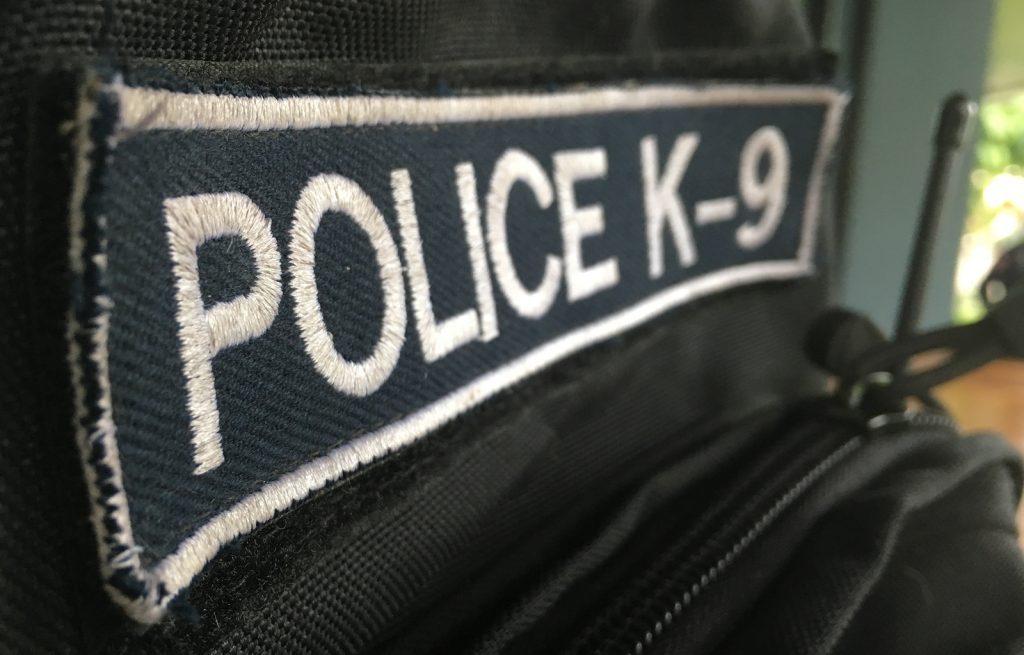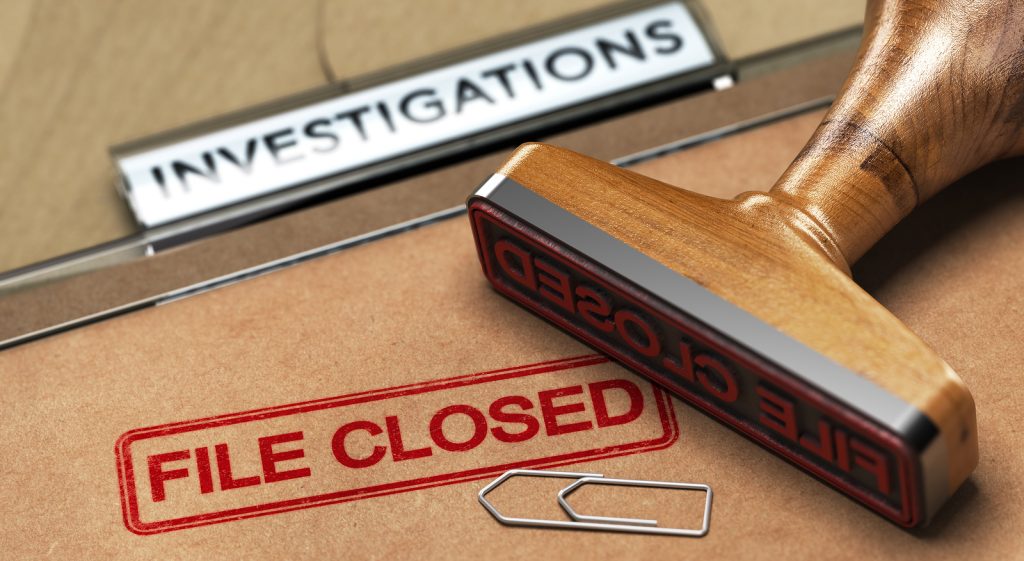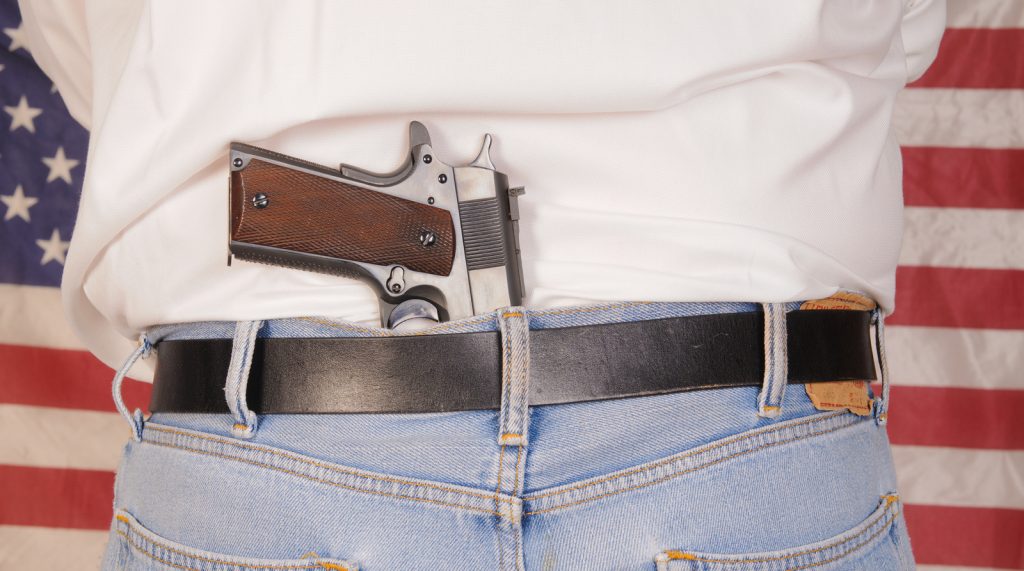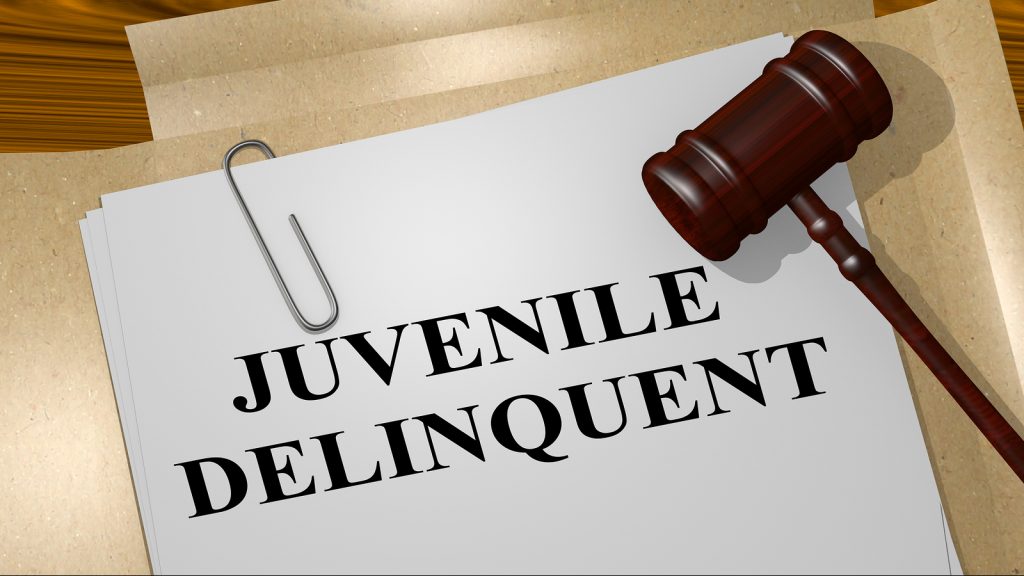Hiring a lawyer for your criminal case is not something you necessarily want to do, but it is something you need to do, and as soon as possible. A private criminal defense lawyer is your best chance at avoiding the maximum penalties for your criminal charges. If you are new to the legal process, and have never hired an attorney before, continue reading to a comprehensive guide on how to get started.

Step ❶: Look for Referrals
The first step in hiring a criminal defense lawyer is finding a reputable law firm to work with. This can be done by utilizing an online business search portal, such as Yelp or Angie’s List. Another great way to find a law firm in your area is to ask around. Seek referrals from people you know who have also needed a criminal defense lawyer. Ask them about their experience and whether or not they recommend the firm.
Step ❷: Filter Your Results
Once you have collected a list of law firms in your area, it is time to filter out the ones that are not well-suited for your particular case, and decide which ones are good candidates. Do this by looking at each law firm’s set of credentials, client testimonials, successful case results, and overall experience. You want to take it a step further and determine which law firm retains a lawyer on staff who has specific experience in your type of criminal charges.
Step ❸: Schedule an Initial Consultation
Most lawyers, regardless of field, offer free initial consultations to meet and discuss the best strategies for a case. Once you have found and filtered out various law firms, begin contacting the ones you are considering and ask about initial appointments. If they offer free initial appointments, move forward with scheduling one for yourself to get an up-close feel for the lawyer and law firm. Feel free to make initial appointments with other criminal defense lawyers, and then choose who you would like to represent your case.
Skip the Hassle and Call Attorney David E. Lewis

If you do not already have a licensed Indiana criminal defense lawyer working on your case, you need one right away. Contact David E. Lewis, Attorney at Law, at 317-636-7514 to start building a strong and impactful defense against your criminal charges so that you have a chance at avoiding the maximum penalties for your suspected crimes. Our law firm offers free initial consultations, so there is no out-of-pocket obligations to you. Get started protecting your future, today.













